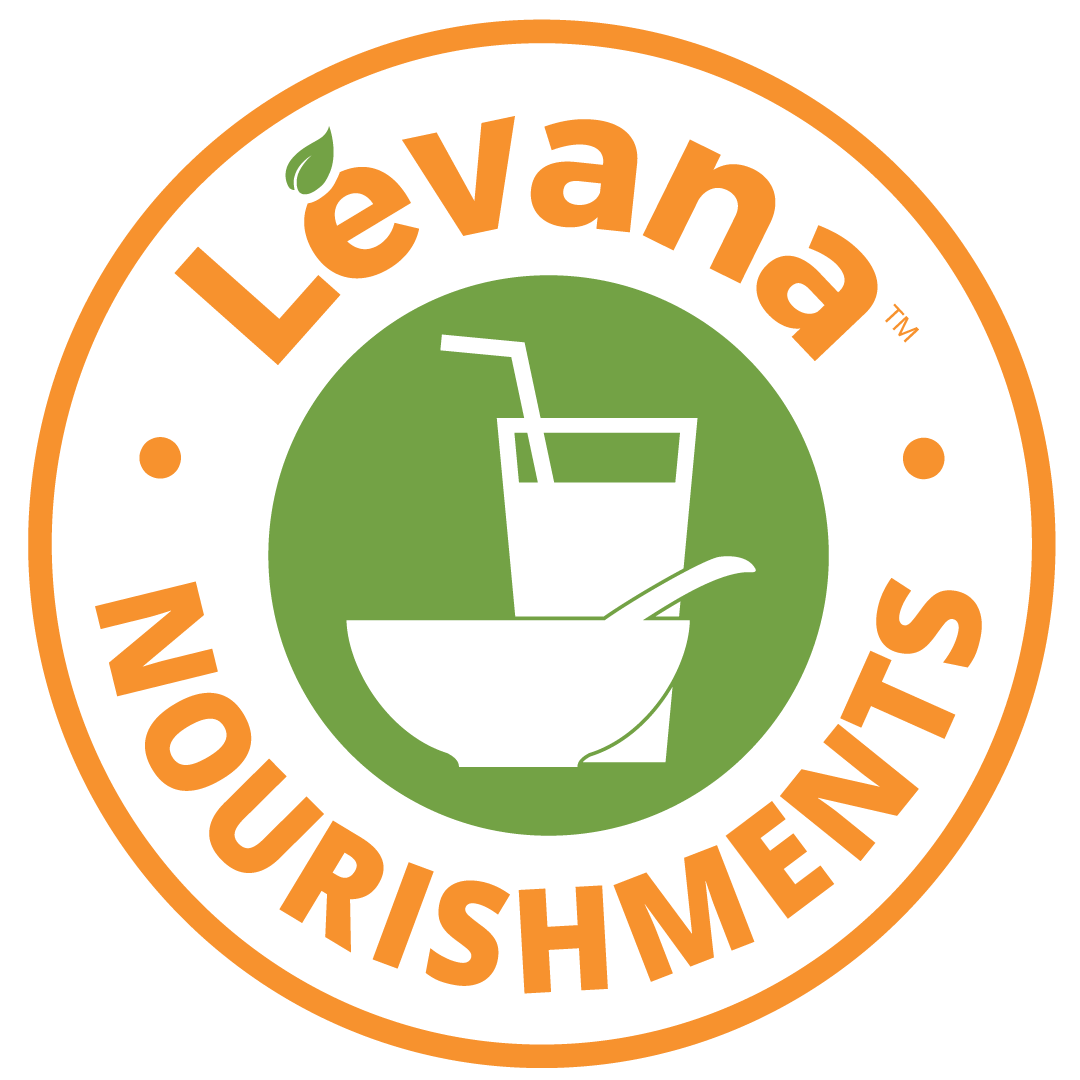Given that lack of appetite precludes the healing process for many cancer patients, NYU has introduced specialized diets for their cancer patients in an effort to mitigate the causes for not eating enough, such as nausea, difficulty swallowing, or depression.
No Sugar, No Cancer? A Look at the Evidence Memorial Sloan Kettering Hospital
Memorial Sloan Kettering President and CEO, Craig Thompson, addresses the misconceptions surrounding sugar and cancer and what people can to do to lower their cancer risk.
Sugar: A Matter of Life and Death, The Wall Street Journal
In a country where 35% of its citizens are obese, it is crucial to evaluate the cause of such an epidemic. While sugar may have taken a back seat in previous research, Gary Taubes explores the real health risks behind the seemingly innocuous sweet substance in “The Case Against Sugar.”
Fighting Cancer? A Dietitian Can Help You Navigate the Journey Idaho Statesman
This article, written by an oncology dietitian, explores the ways dietitians at cancer treatment centers can be a resource to their patients in terms of managing side effects and keeping their bodies strong through proper nutrition.
A Dietitian Put 2 Daily Meal Plans Side By Side to Show Shortcomings of Counting Calories Business Insider
While calories are an important consideration in weight management, they do not tell the whole story. This side by side meal comparison addresses the flaws of solely using calories to evaluate dietary intake.
Simple Way To Boost Cancer Survival Rates: Diet and Exercise, Studies Say. The Guardian
A study of nearly 1,000 colon cancer patients found that those who exercised regularly, ate more fruits and vegetables and avoided refined grains and meats had a 42% lower chance of death after seven years. Similarly, a study of more than 300 Australian breast cancer survivors who aimed to exercise for 180 minutes a week – most by simply walking – had far better rates of survival than those who were not part of an exercise program.

Comments are closed.